Think about using porcelain tiles in small sizes as a popular choice in uk and an alternative to ceramic ones if you want something that is shinier.
Clay is the major constituent of each of these compounds, but that is about all there is to say about it. During the firing process, porcelain tiles are subjected to temperatures and pressures that are far higher than those required for clay tiles.
In addition, the clay used to make porcelain tiles must be of a more refined variety. As a consequence of this, porcelain tiles are hardy, may survive for a very long time, do not scratch easily, and are resistant to the damaging effects of water.
You have arrived at the correct website if you are planning a renovation project in the UK and are seeking porcelain tiles.
We are able to outline the benefits and downsides of this product since we are one of the leading makers of indoor porcelain tiles in the UK. This will allow you to make an educated choice about whether or not to purchase this product.

There is a wide variety of flooring available, but porcelain tiles are considered to be among the very finest for both indoor and outdoor use.
These tiles have such a high level of durability that they can withstand a significant amount of weight and traffic without cracking.
Porcelain has a greater thickness when compared to other types of ceramics. The water molecules are too big to travel through the surface of the tile, which is why the tiles are resistant to stains and flooding.
Another advantage of porcelain tiles is that they require less maintenance. There is no requirement for any specialist cleaning agents or sealants to be used.
It is possible that the tiles may retain their amazing beauty for decades if they are cleaned regularly using simple cleaning agents.
When it comes to resistance to wear and tear, porcelain tiles are unrivaled. Because porcelain tiles have a homogeneous body structure and color, even if one of them breaks, it won’t be very noticeable to the naked eye.

Porcelain tiles have an absorption rate of 0.5% for moisture, which is considered to be fairly low. Due to the fact that it does not readily absorb water, it is well suited for use in activities that take place outside.
It can withstand moisture, ice, and low temperatures without being damaged. Tiles made of porcelain are so durable that they can endure even.
the worst winters without cracking, which makes them a great choice for use in outdoor areas such as patios, verandas, and balconies.
The same porcelain tiles may be used both inside and outside of a building, which is a technique that well-known architects take use of. Your home will give the sense of being much larger as a result, as well as of being one continuous room.
There is a broad variety of sizes available for porcelain tiles, ranging from little subway tiles to slabs that are three meters in length.
There is a good chance that you will find porcelain tiles that are suitable for your design objectives if you are looking for tiles to line your kitchen or a huge showroom.

The variety of designs available for ceramic tiles can be compared to that of porcelain tiles. The ability of porcelain tiles to effectively simulate the look.
and feel of various materials, including familiar ones such as stone and wood as well as less common ones such as linen and leather, contributes to the popularity of porcelain tiles.
The fact that porcelain requires far less maintenance than natural stones is the most significant advantage of using porcelain.
Because they are impervious to water and fire, porcelain tiles do not require any kind of waxing, polishing, or protection from the elements.
Porcelain tiles are far less expensive than their natural hardwood or stone counterparts, although having a very similar appearance.
Just like any other material, porcelain tiles come with their fair share of benefits and drawbacks. The following is a list of some of the drawbacks associated with porcelain tiles:
Because of the increased density of porcelain, tiles made of this material may only be cut using specialist machinery. You also need to pick staff members that have received training in order to guarantee a successful installation.
When it comes to wall coverings, porcelain tiles are often impractical due to their weight, which prevents them from being used in many applications.

If you live in a high-rise building or are remodeling an older property, you should check to see if the support beams can manage the additional weight that porcelain tiles will contribute to the floor.
Because porcelain tiles are cold to the touch, one of the key reasons why homeowners are hesitant to install them in their homes is because porcelain tiles are expensive.
After all, there isn’t a single person on the planet who looks forward to the chilly sensation of the floor beneath their foot first thing in the morning.
Porcelain tiles, on the other hand, provide a less obvious advantage that makes up for this deficit. Porcelain tiles are an excellent choice for use with underfloor heating systems. Porcelain tiles are the smart choice when it comes to under-floor heating systems.
The use of porcelain tiles comes with a number of benefits as well as a few possible problems that may arise but could also be overcome.
Before making a final choice as to whether or not porcelain tiles are the ideal option for your upcoming home renovation project, you should give careful consideration to the following advantages and disadvantages of using porcelain tiles.
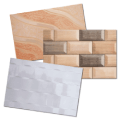
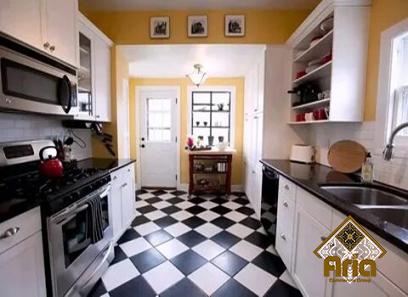
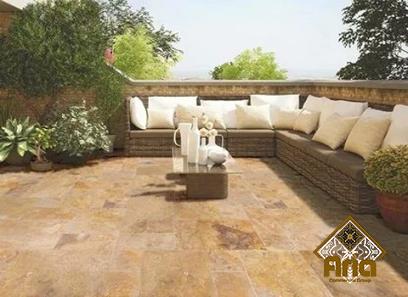
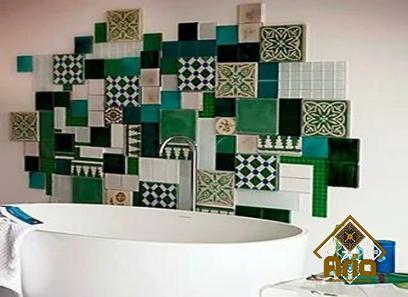
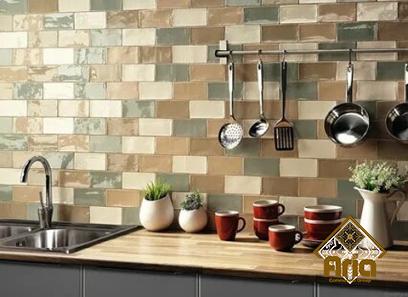
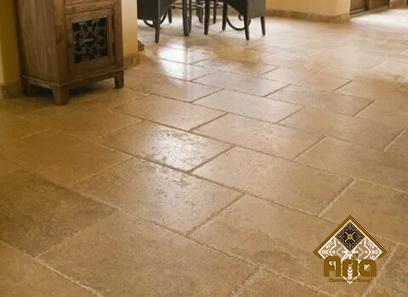
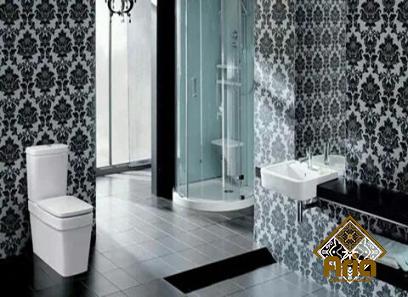
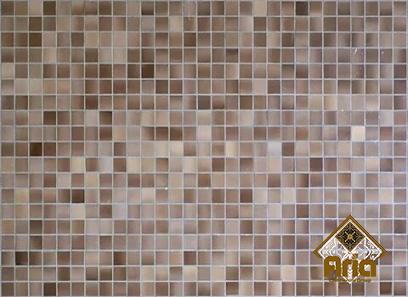
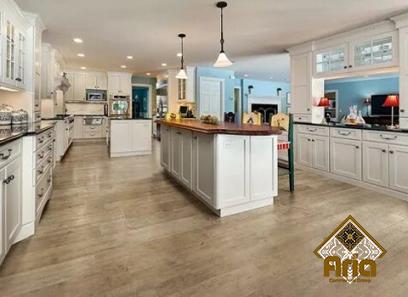
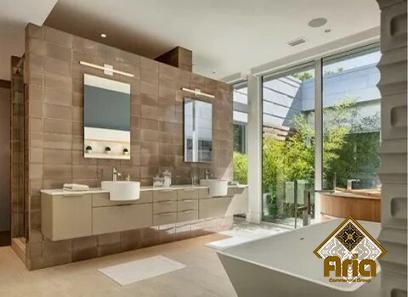
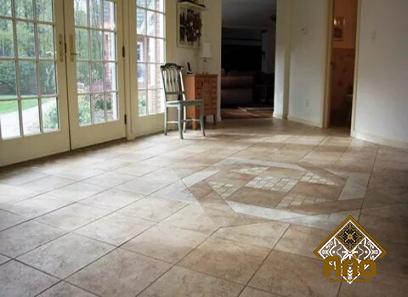
Your comment submitted.